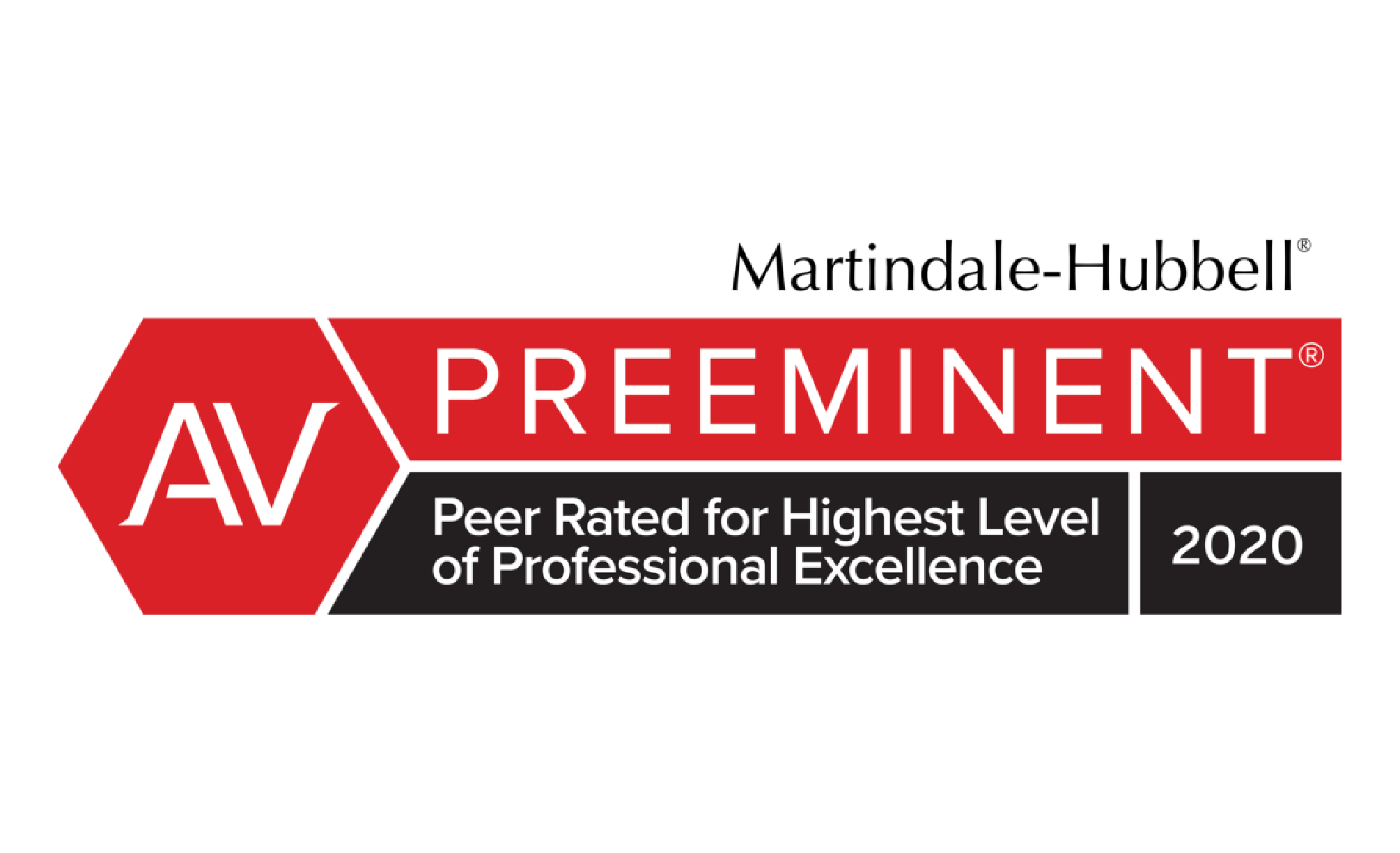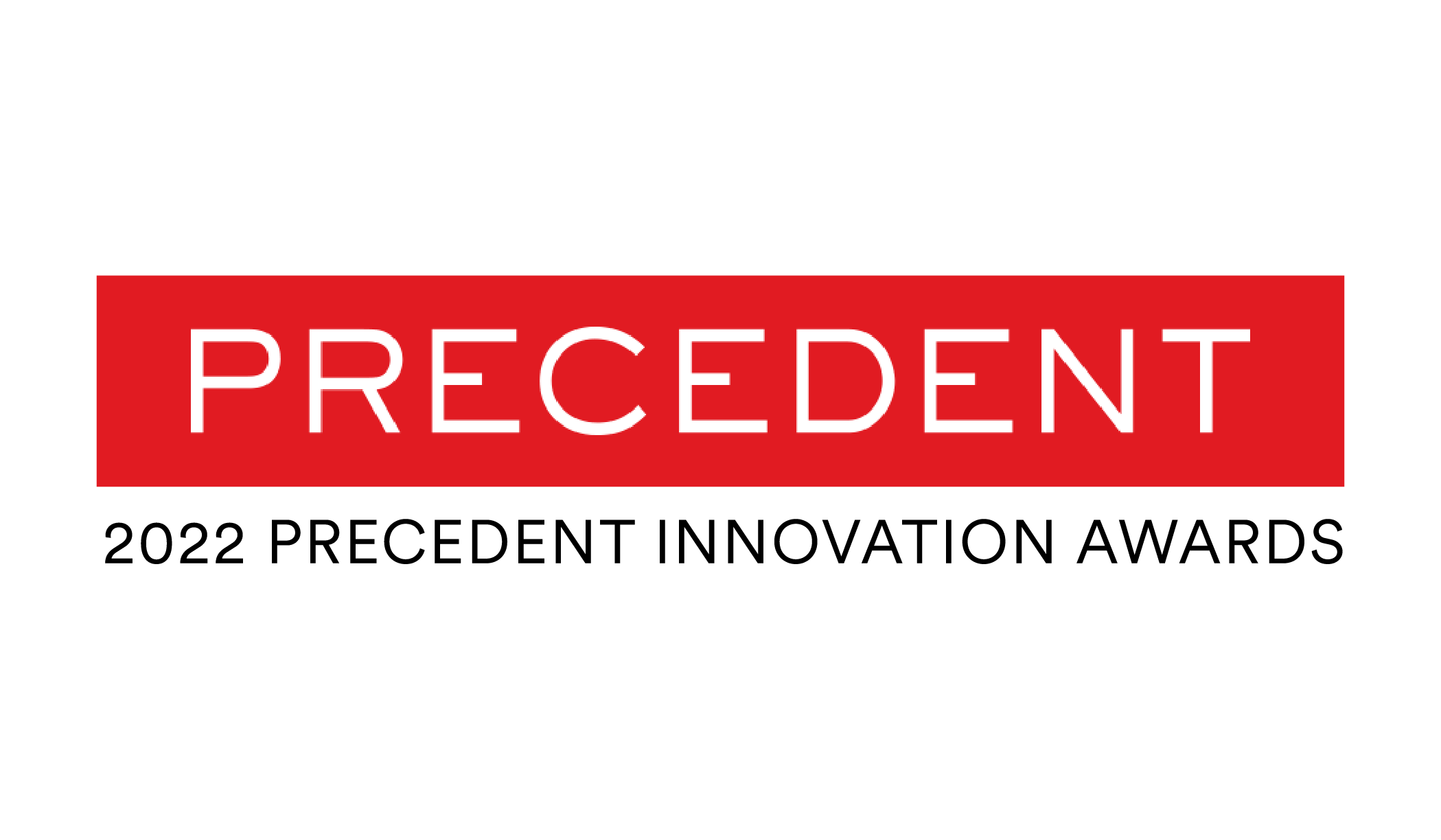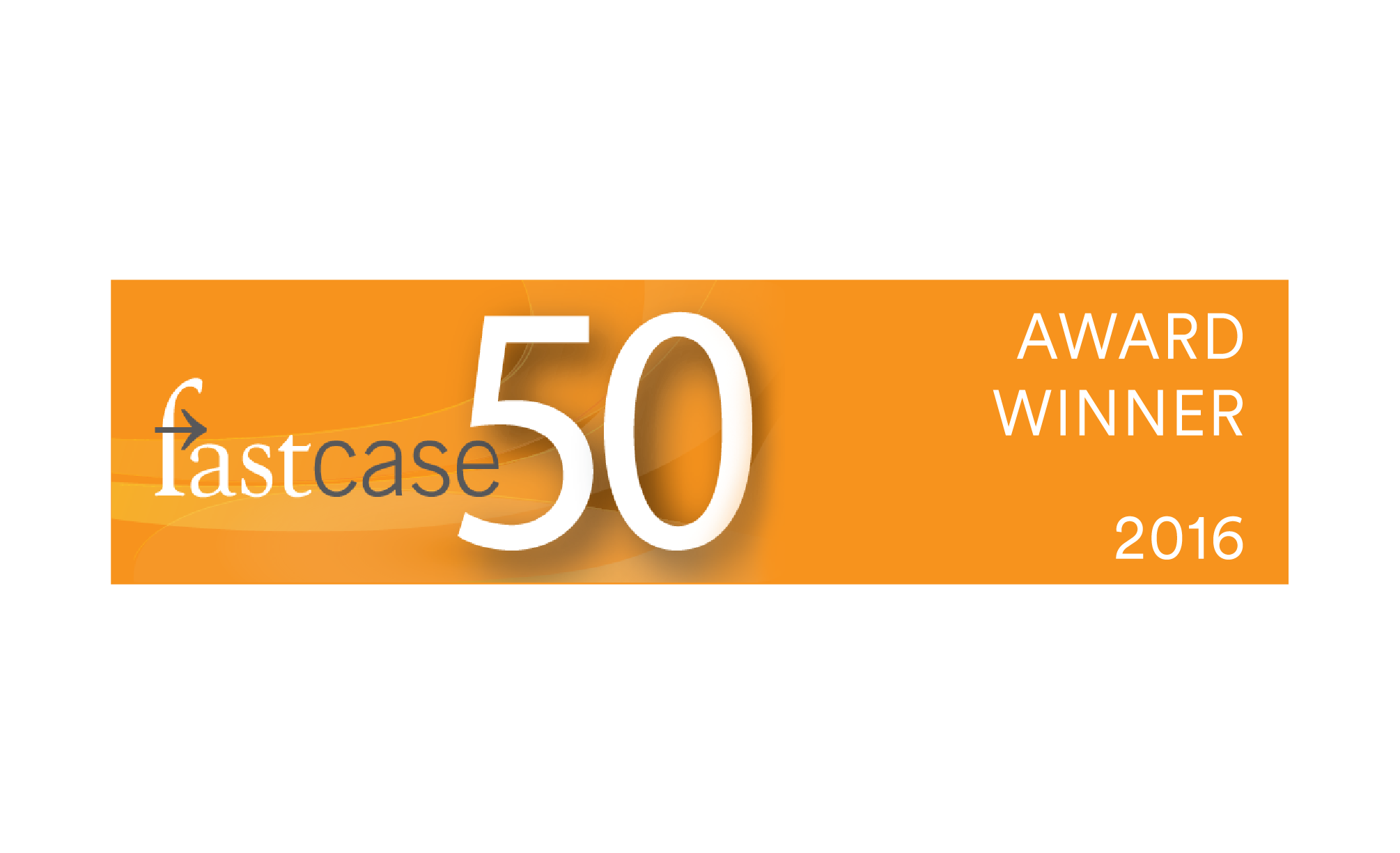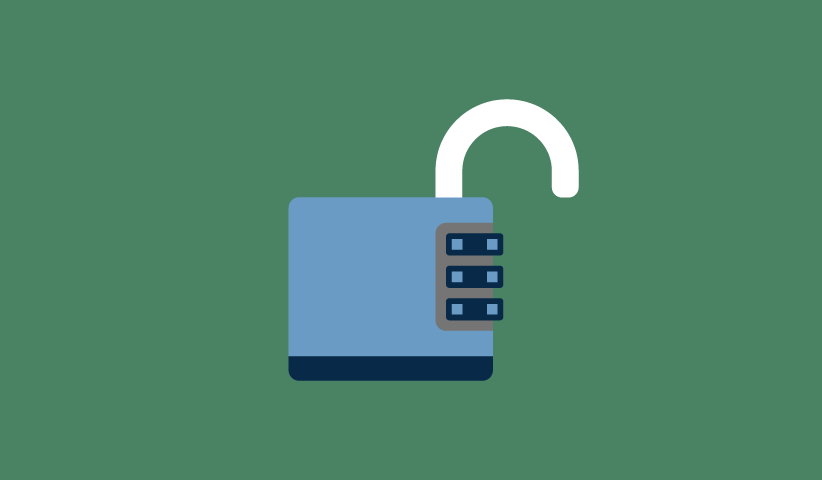
Advocate Daily originally published, “CRA may see influx of tips after Ashley Madison hack”, in September 2015.
Relationship strife may not be the only fallout from the recent information hack at the adultery website Ashley Madison — the Canada Revenue Agency (CRA) could also start seeing a number of anonymous tips from scorned ex-partners, says Toronto tax litigation lawyer Peter Aprile.
“Ex-spouses and jilted lovers are valuable agency resources to uncover tax non-compliance and tax evasion. The CRA has not reported any statistics related to the source and relationship of the leads it receives through the CRA’s Informant Leads Program. However, experience teaches that hell hath no fury like a scorned lover with the ability to report suspected tax non-compliance or tax evasion in a few clicks without any repercussions. In fact, the CRA will not release the informant’s identity and, in some cases, the informant could receive a CRA reward,” says Aprile, principal of Counter Tax Lawyers.
While the developing story surrounding the Ashley Madison data hack seems to be almost a fixture in the daily news cycle at the moment, the CRA has also been busy promoting its two informant programs, says Aprile — the Informant Leads Program and the Offshore Tax Informant Program.
“The Ashley Madison hack news — and the informant leads it will generate — provide the CRA with a cost-effective technique to audit non-compliant taxpayers and impose penalties,” says Aprile.
“At minimum, the news has provided the CRA with the opportunity to use the real or perceived threat of ‘ex-spouse informants’ to encourage taxpayers to voluntarily report non-compliance.”
Common examples of tips that informants report to the CRA are unreported business income and unreported foreign income and assets, says Aprile, although they can report on a wide range of tax non-compliance and evasion.
And, he adds, the CRA’s position is that the reason for the informant’s decision to report is not relevant.
“The CRA will review the information and take the necessary enforcement action. The CRA will not punish the informant and there are no other consequences if the information that the informant provided to the CRA is unfounded or wrong.”
For taxpayers who are embroiled in the Ashley Madison hack and have unreported income, or those who are concerned that an ex-partner is going to report them to the CRA, Aprile recommends retaining a tax lawyer quickly to initiate a protective no-name voluntary discovery.
“If taxpayers initiate a voluntary disclosure before CRA enforcement action, the taxpayer can avoid penalties and criminal prosecution,” he explains.
“The filing of a protective no-name voluntary discovery is the right strategy because it will provide the taxpayer and his tax lawyer with the opportunity to fully investigate any non-compliance and develop the right strategy. If the taxpayer chooses to proceed with the voluntary disclosure, the taxpayer will benefit from the protective measures already in place. If the CRA attempts to deny the taxpayer’s voluntary disclosure, solicitor-client privilege will protect all communications and it can protect against the agency’s ability to uncover sensitive and undisclosed information,” adds Aprile.
Alternatively, he says, if the taxpayer chooses to abandon for any reason — for example, the legal analysis reveals that the non-compliance is not a misrepresentation of fact or the exposure to penalties and prosecution is limited — the taxpayer can simply instruct counsel to rescind the disclosure without revealing any identifying information.
“Again, in this case, the CRA will not have any ability to compel the tax lawyer to reveal the taxpayer’s identity — or any other information — because all information is permanently protected through solicitor-client privilege.”













.png?width=400&height=400&name=CT-How_Can_We_Help-22_july_NewGraphic_b(small).png)
.png?width=1386&height=1224&name=2025%20Legal500%20Elite%20Boutique%20Award%20(Badge).png)
.png?width=1386&height=1224&name=ITR%20Finalist%20Practice%20Leader%20of%20Year%20Peter%20Aprile%202024%20(Badge).png)

.png?width=1386&height=1224&name=2025%20Legal500%20Leading%20Firm%20Client%20Satisfaction%20Award%20(Badge).png)
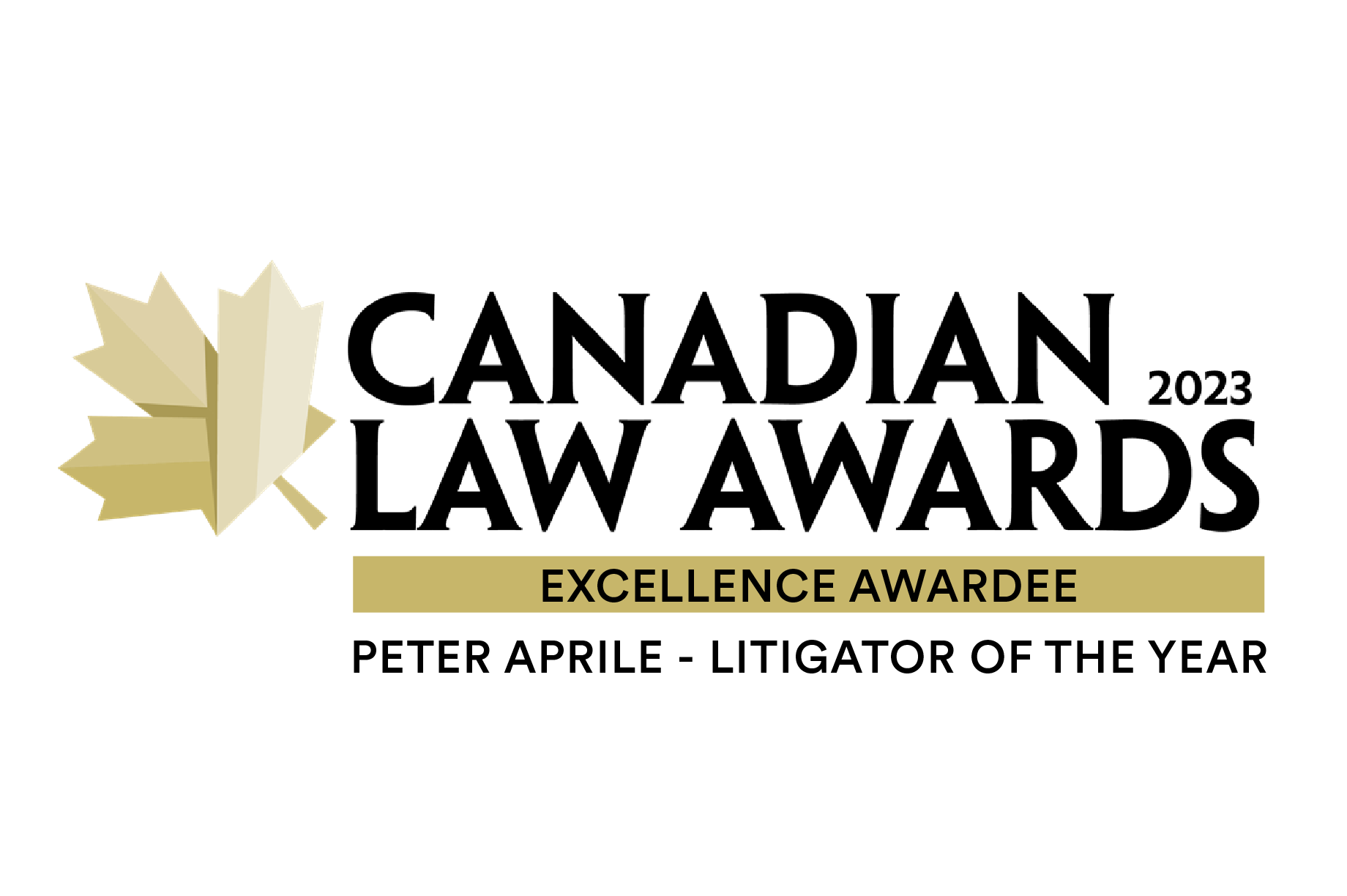

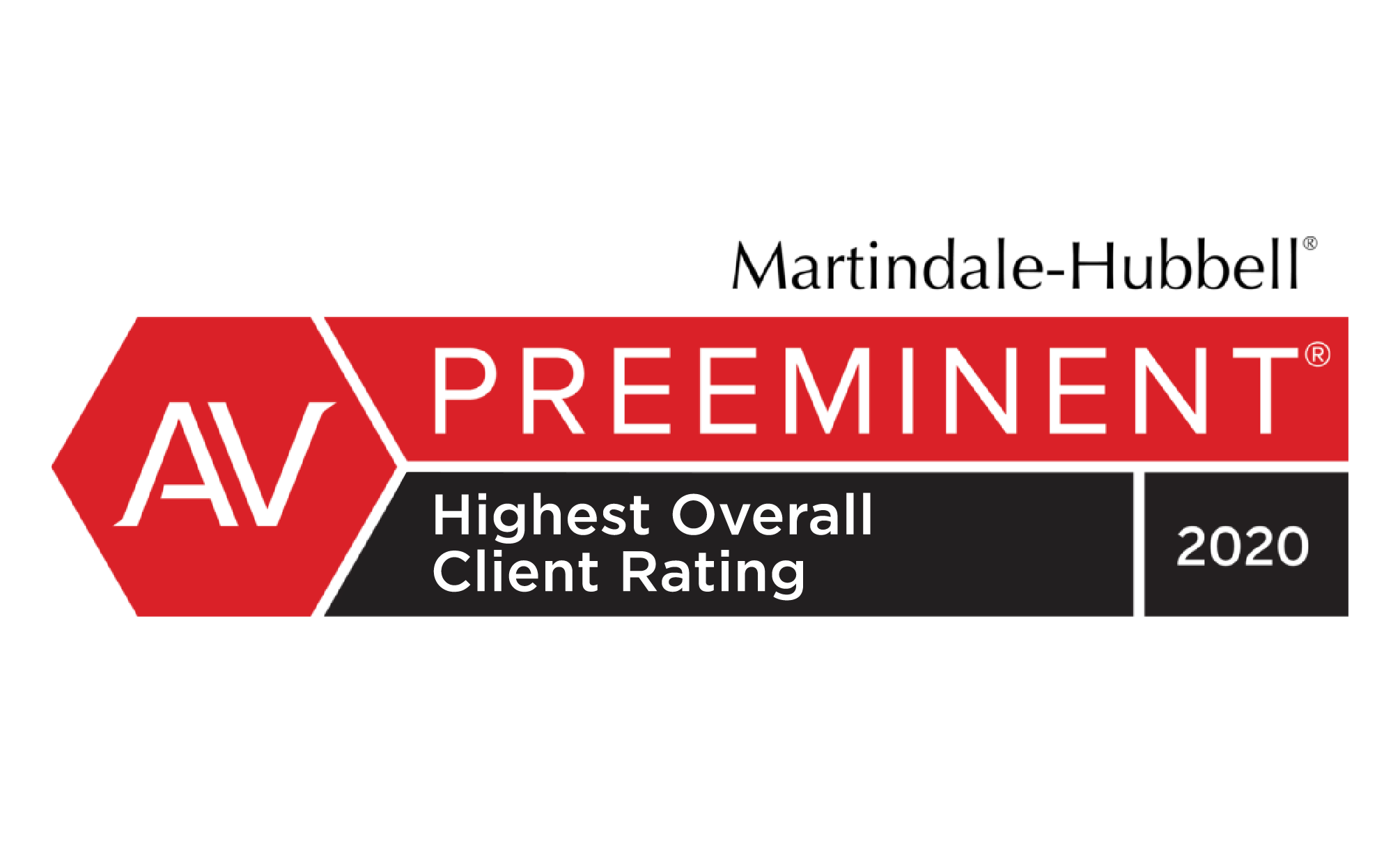
.png?width=1386&height=1224&name=ITR%20Tax%20Innovator%20Finalist%202024%20Award%20(Badge).png)


